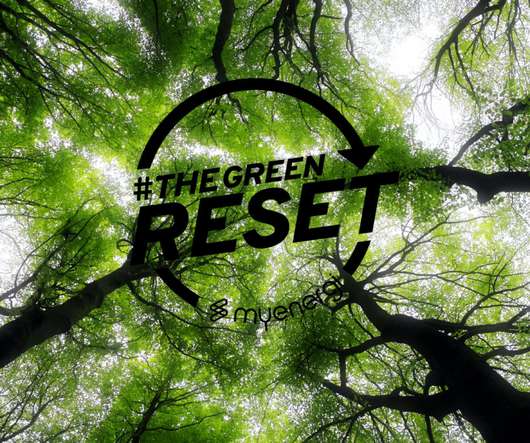Shell to halt 80K bpd Carmon Creek oil sands project
Green Car Congress
OCTOBER 28, 2015
Royal Dutch Shell plc will not continue construction of the 80,000 barrel per day Carmon Creek thermal in situ oil sands project located in Alberta, Canada. This decision reflects current uncertainties, including the lack of infrastructure to move Canadian crude oil to global commodity markets.





























Let's personalize your content